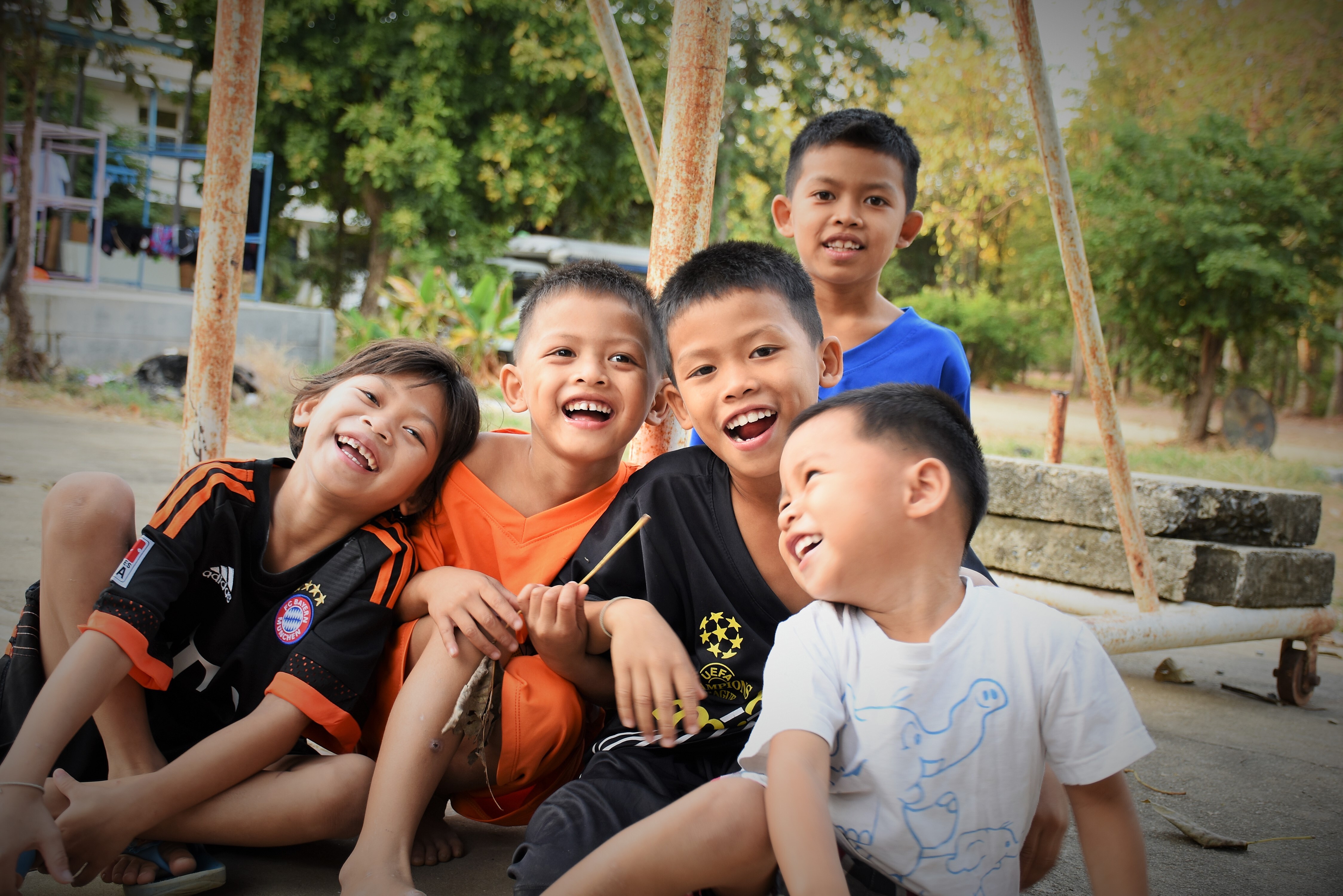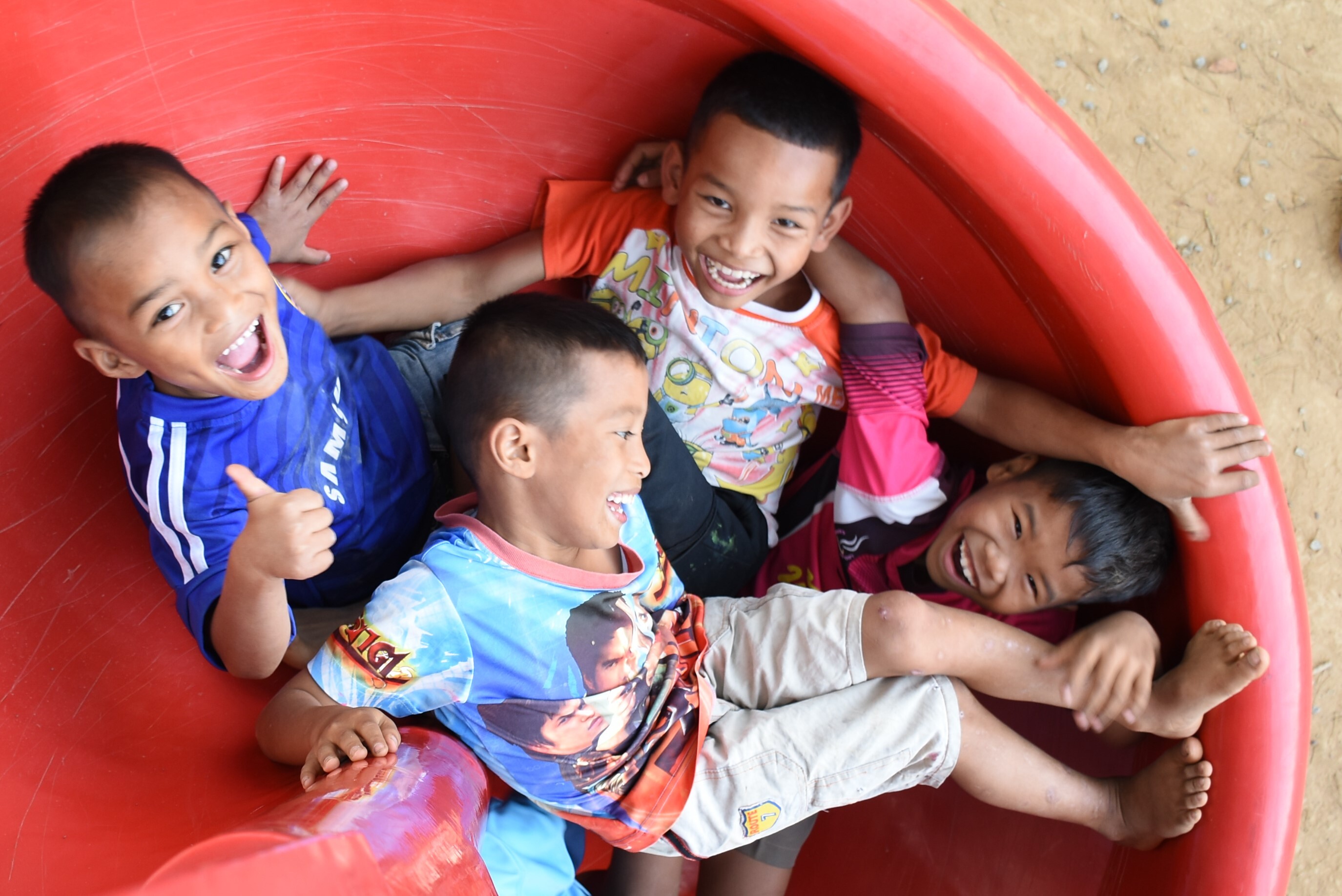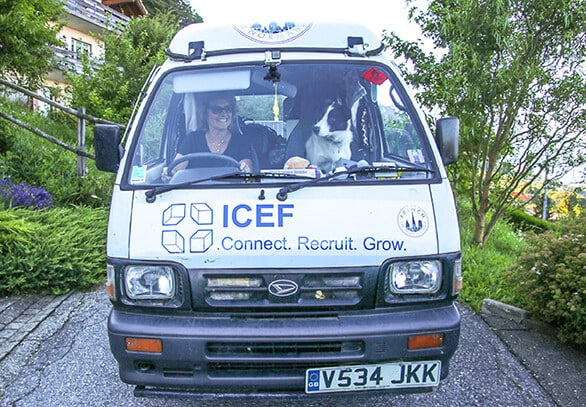ICEF can look back across partnerships which have supported young people affected by a range of issues, including poverty, disease and natural disasters, such as the Zimbabwe Rural Schools Development Programme; the Mayana Memorial Scholarship Fund, Uganda; Seva Mandir, India; CEAC@DIGITAL, Rio de Janeiro, Brazil; CYDD, Turkey; Step Up, Russia, DESGUA, Guatemala; Plan International, Nepal; Bosana Foundation, Bosnia Herzegovina; Meet Kate Foundation, Ghana; Caribbean Education Foundation, Jamaica; La Esperanza Granada, Nicaragua; and the ICEF Scholar Foundation, Myanmar.
Please join us in making a difference to the lives of young people less fortunate than yourself. We encourage you to consider how you and your organisation can become a real force for good in the world. As former US senator Bob Kerrey once said: “Unexpected kindness is the most powerful, least costly, and most under-rated agent of human change.”





